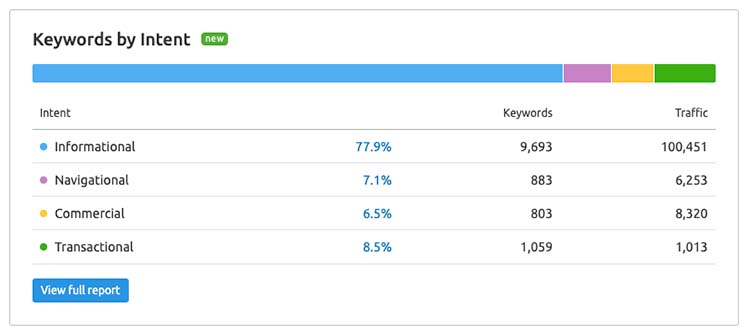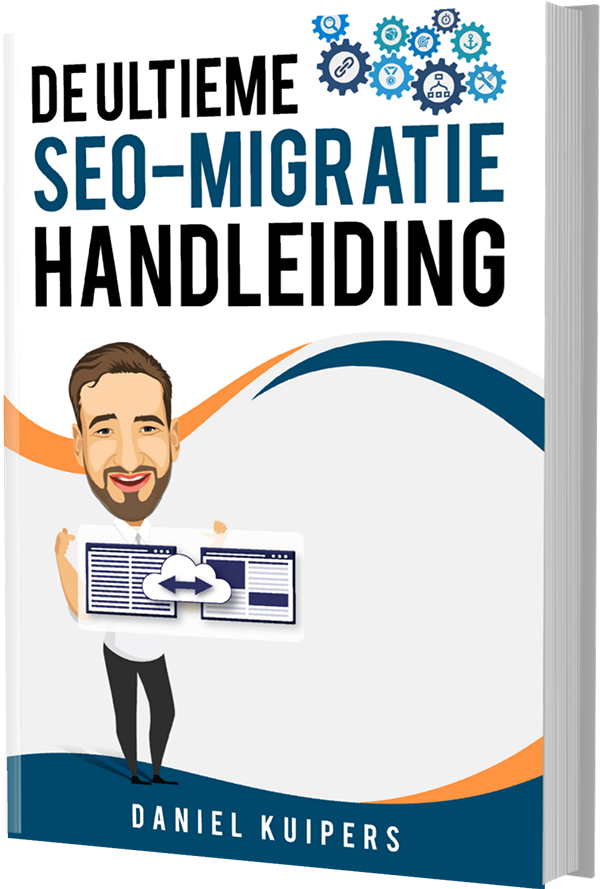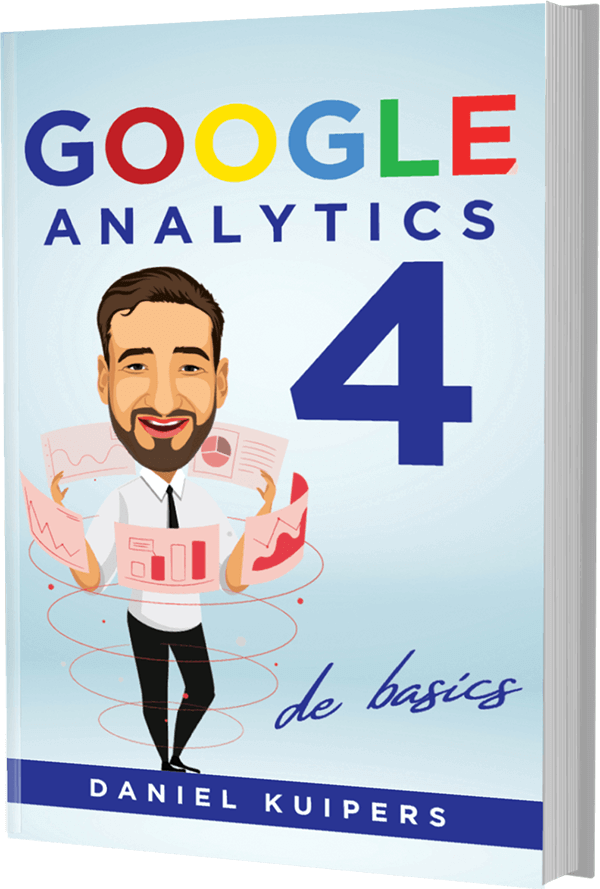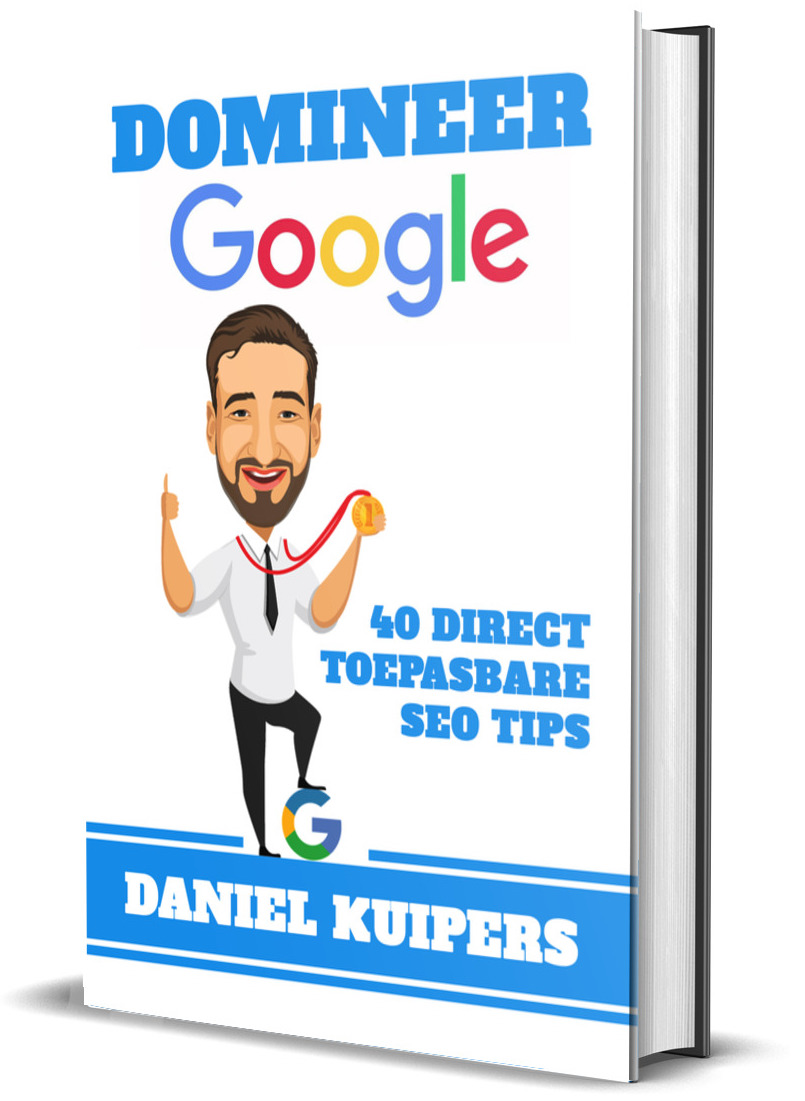Menu
Table of contents
Personally, I'm a fan of the concept, but there's something to be said for both camps. And in this article, I'm going to tell you all about it.
What is the Semrush Search Intent?
Let's start at the beginning. What exactly does the position entail?
If you translate Search Intent literally, it means search intent. In other words, the intention with which people use a keyword.
Search intent is important, because as a marketer you know what someone wants to achieve. Say someone types in "How do I fix my phone myself," they don't want to see providers of parties where they can fix their phone, but rather manuals, tips and blogs on how to do it themselves.
Sounds very logical ... and it is.

What is the purpose of the Semrush Search Intent
The purpose of the Semrush Search Intent is actually quite simple. Semrush wants to get you started in understanding the intent behind a keyword.
With this information, you can write better content that better reflects your target audience and what they want to achieve.
The information provided by Semrush consists of 4 types of Search Intent. And those 4, I'm going to explain to you now.

The 4 types of Search Intent
As you can see in the screenshot above, there are 4 search intentions:
- Informational
- Navigational
- Commercial
- Transactionial
Semrush has perfectly explained on its website what we name with each search intent. So I will definitely use that information as a basis.
Informational (Informing search intent)
Keywords with an informational search intent are often questions or queries where people are looking for an answer. For example: 'what is ...', 'where is ...', or 'how ...'.
In practice, this means that these are often sample blogs.
Navigational (Navigating search intent).
A keyword with navigational intent is used when people are specifically looking for a particular page or website. For example, think "municipality ede passport application" or your mother typing "Marketplace" into Google instead of going to the website.
In practice, these are mostly branded searches. In other words, keywords that have a company name in them.
Commercial (Commercial search intent)
For searches with commercial intent, Semrush says you can perfectly offer a free version or product. These are keywords that just don't fall into the converting bin, but are supportive of making a purchase or request.
Transactional (Transactional search intent)
And we have arrived at the last heading: keywords with transactional intent. These are keywords that show that people want to buy, rent, visit, request something, etc.
So this does not just have to be directly about euros, but it can also revolve around soft conversions.
How OMA will use Semrush's Search Intent
Now it's not like we're going to completely change the process of doing a keyword analysis or do it differently. Because common sense always wins out over tools.
But especially for beginning marketers, our interns or for clients who don't have much experience with online marketing, it can be an incredibly useful tool.
So don't think of the Search Intent as a replacement either, but as an addition and support. This is why we may include Search Intent in the keyword analysis for one client and not for another.











Written by: Daniel Kuipers
Daniel is the founder of Online Marketing Agency. He constantly scours the Internet for the latest gadgets and tactics and blogs about them in understandable language. Well, sometimes.